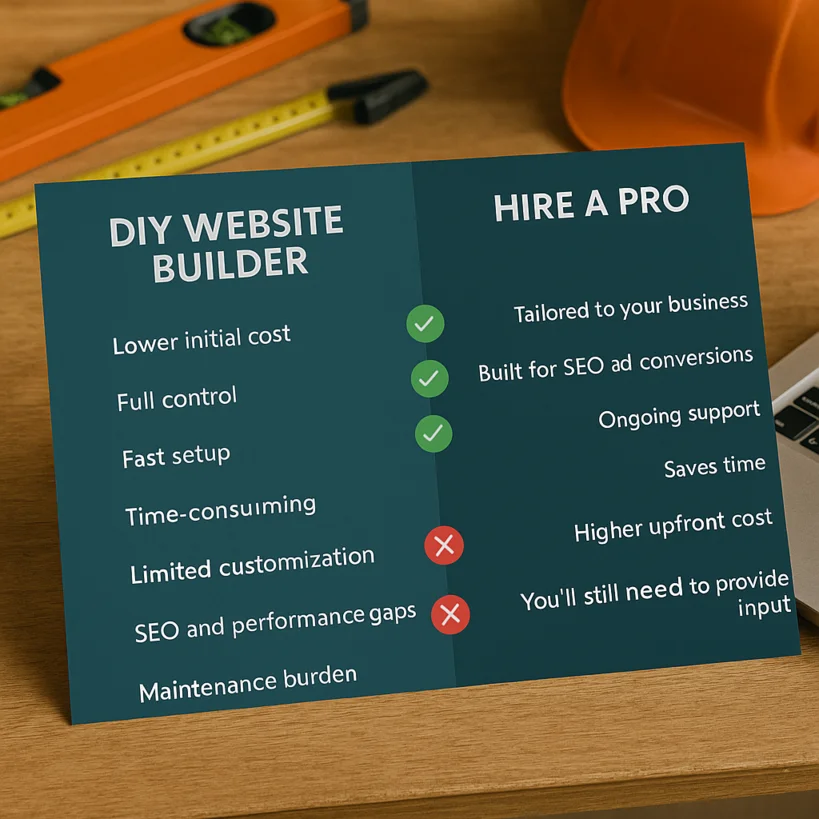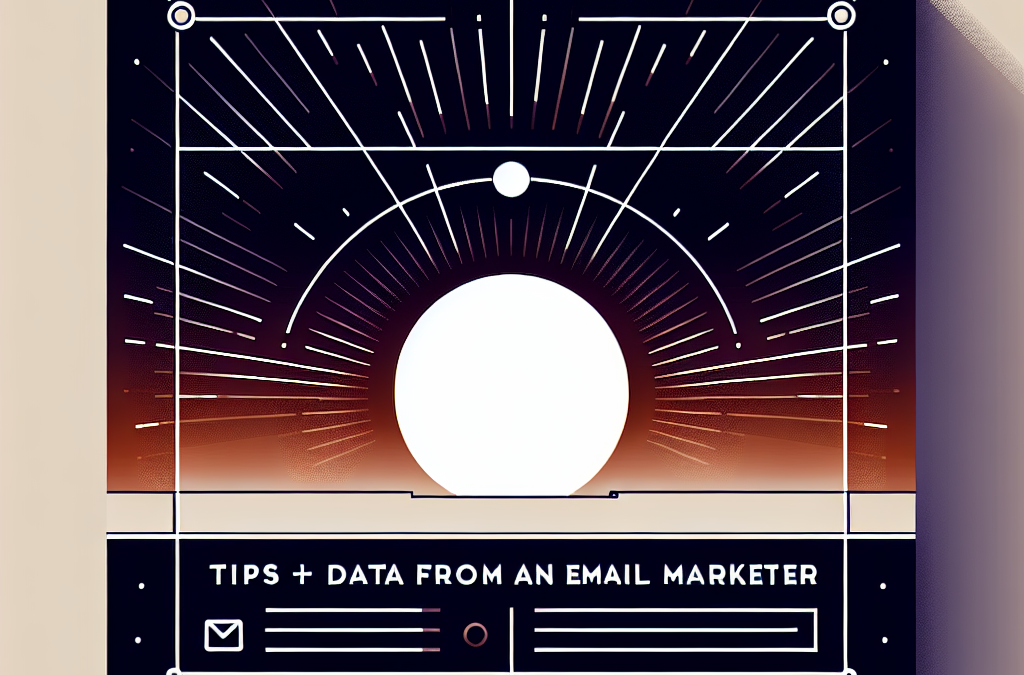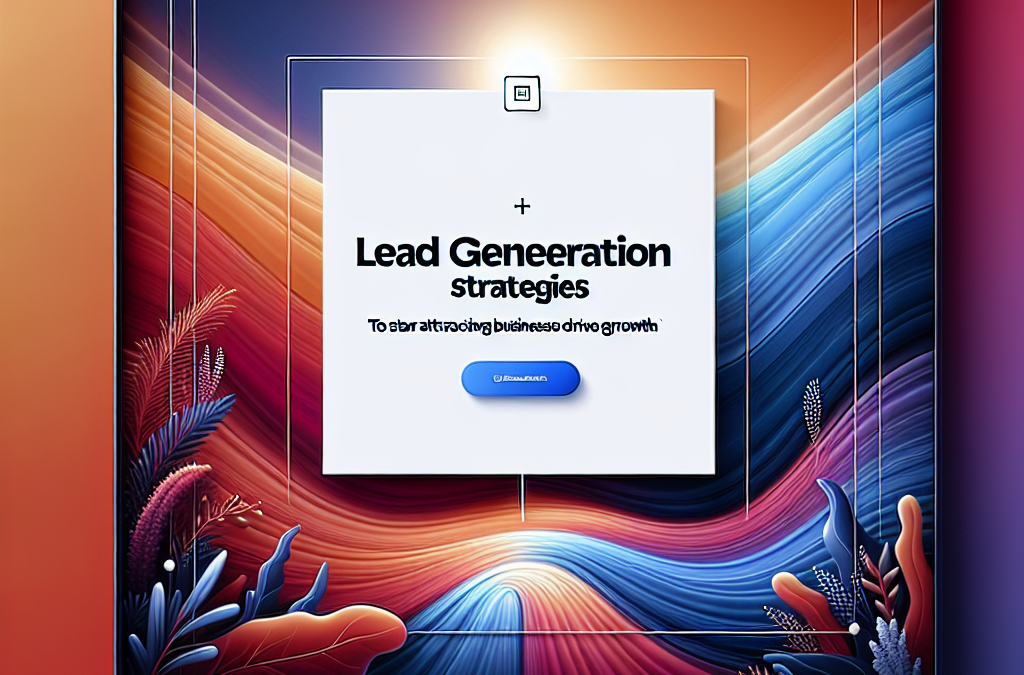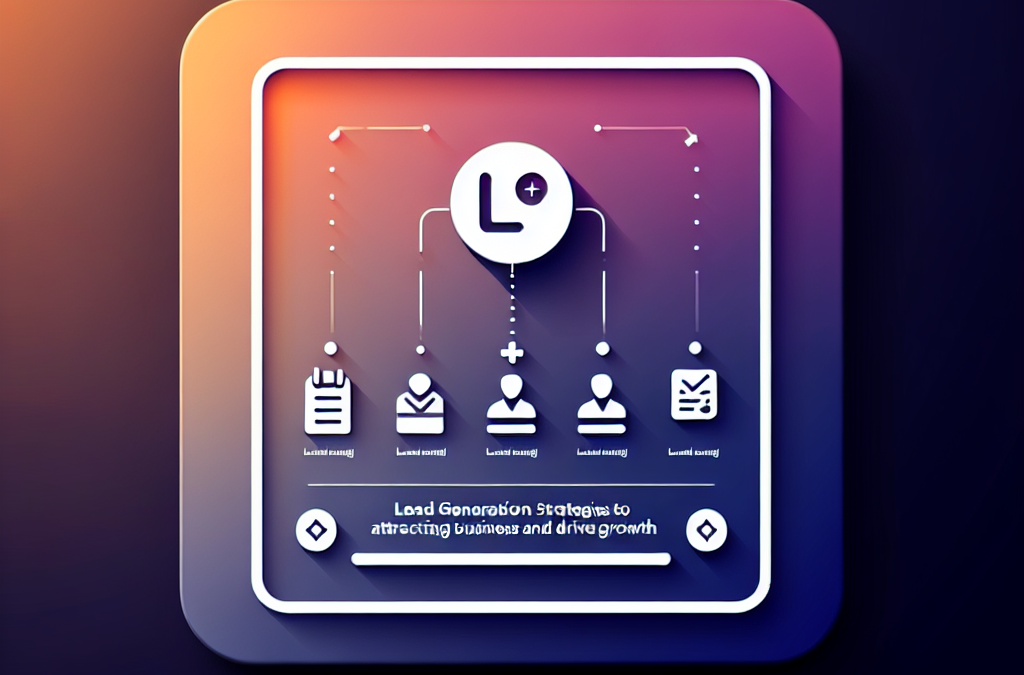Should I Build My Own Website or Hire a Pro? What Contractors Need to Know
A website for contractors is no longer optional—it’s essential. Whether you’re a general contractor, roofer, or remodeling pro, your website is often the first impression potential clients get. But should you build it yourself or hire a professional? In this post, we’ll break down both options, their pros and cons, and help you make the right decision for your construction business.
Why Every Contractor Needs a Website
Before we dive into the build-vs-hire debate, let’s be clear: having a professional website isn’t a luxury—it’s your online business card, portfolio, and lead-generation tool all in one.
Your future customers are already searching for services like yours online. Without a solid digital presence, you’re losing leads to competitors who do have one.
For more insights, check out our custom websites for construction companies service to see how a website can drive real growth.
Option 1: Building Your Own Website for Contractors
DIY website builders like Wix, Squarespace, and WordPress make it easy to get started on your own. Here are the pros and cons of going the DIY route:
✅ Pros of DIY:
-
Lower initial cost – Builders like Wix and Squarespace offer budget-friendly monthly plans.
-
Full control – You can update and tweak your site whenever you want.
-
Fast setup – Templates can get you up and running in a few hours.
❌ Cons of DIY:
-
Time-consuming – As a contractor, do you really have hours to spend learning web design?
-
Limited customization – Templates often look generic, especially in a competitive industry.
-
SEO and performance gaps – Without knowledge of search engine optimization, you might end up with a site no one finds.
-
Maintenance burden – Updates, backups, and security are all your responsibility.
Bottom line? DIY works best if you’re tech-savvy, have spare time, and are okay with a basic web presence. But for most contractors, it’s not the best use of your hours.
Option 2: Hiring a Professional Website Designer
Now let’s talk about hiring a pro—someone who does this for a living and knows how to build a website for contractors that actually gets leads.
✅ Pros of Hiring a Pro:
-
Tailored to your business – A pro can design a site specifically for your niche, your branding, and your goals.
-
Built for SEO and conversions – Professional sites are optimized to rank higher and turn visitors into leads.
-
Ongoing support – From content updates to backups, you don’t have to worry about the technical stuff.
-
Saves time – Focus on your projects while your designer handles everything.
Check out our website design portfolio to see examples of contractor sites that look great and perform even better.
❌ Cons of Hiring a Pro:
-
Higher upfront cost – A custom website is an investment, but one that pays off if it brings you clients.
-
You’ll still need to provide input – While a pro does the heavy lifting, your knowledge of your business is crucial for the best results.
What Most Contractors Actually Need
Here’s the truth: most contractors don’t need a huge, complex website—but they do need one that looks sharp, runs fast, and helps people trust them enough to pick up the phone.
That’s why many successful contractors choose a professional custom website for contractors with the essentials:
-
Clear homepage that builds trust
-
Service pages that speak to local customers
-
A gallery of past work (before-and-after photos are gold!)
-
Easy contact form and click-to-call button
-
Local SEO to rank in Google Maps and nearby searches
If you’re generating fewer leads lately, your website (or lack of one) might be part of the problem. HubSpot explains what to do when your business is generating fewer leads in more detail.
What’s the Cost of a Professional Website?
Professional websites can range widely in price—from $1,000 to $10,000 or more—depending on complexity and features. At Ericks Webs Design, we specialize in affordable, high-converting websites for contractors starting at reasonable rates with flexible payment plans.
Remember: a good website doesn’t cost money—it makes money by bringing in more qualified leads.

The Verdict: Should You Build or Hire for a Website for Contractors?
Here’s a quick checklist to help you decide:
| Question | DIY Website | Hire a Pro |
|---|---|---|
| Do you have time to learn and manage a website? | ✅ | ❌ |
| Do you want a lead-generating site? | ❌ | ✅ |
| Is standing out from competitors important? | ❌ | ✅ |
| Do you need SEO and ongoing support? | ❌ | ✅ |
| Are you okay with a generic template? | ✅ | ❌ |











